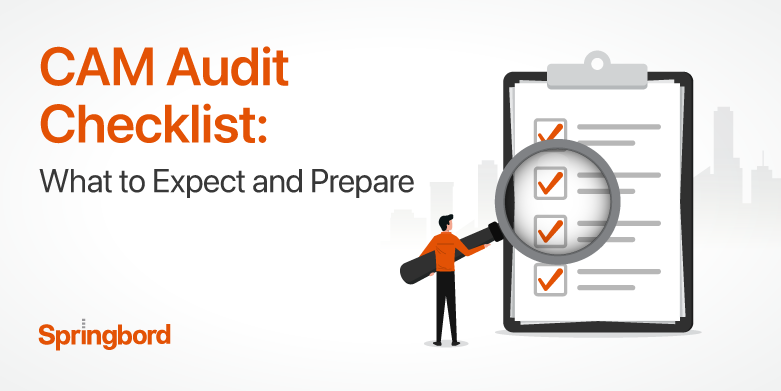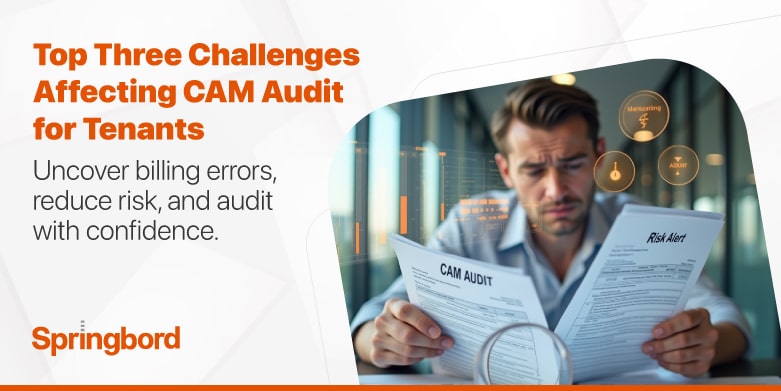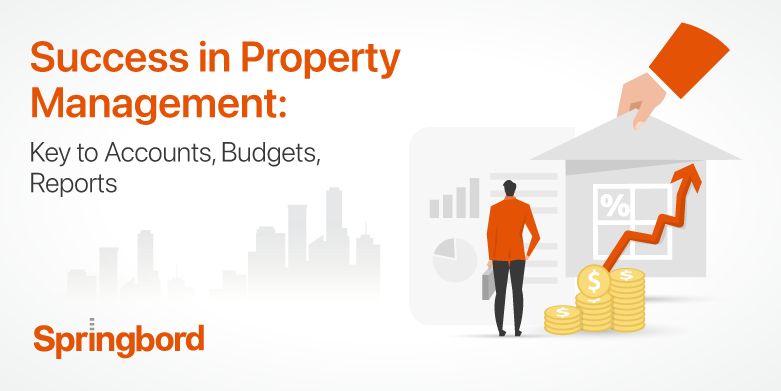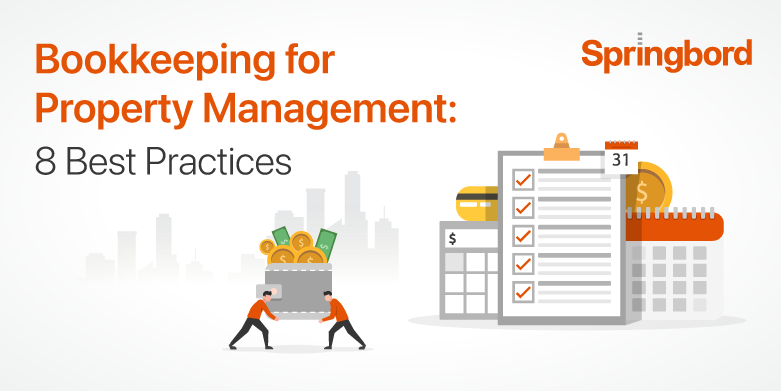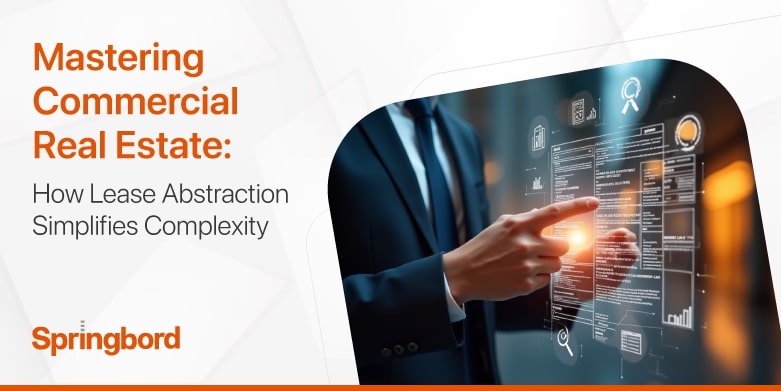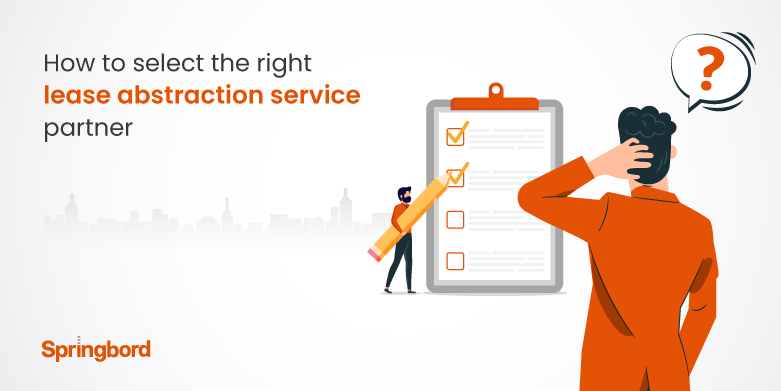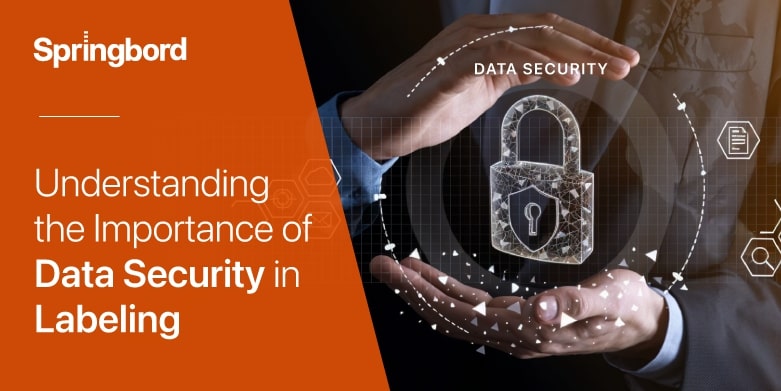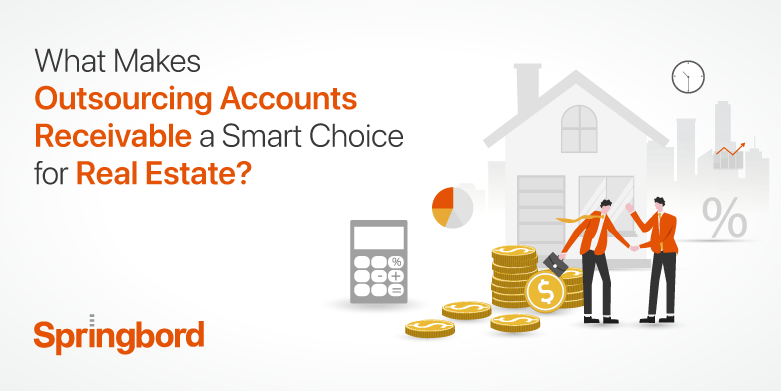M
E
N
U
As businesses evolve and the landscape of commercial real estate becomes more complex, the importance of Common Area Maintenance (CAM) reconciliation grows. CAM charges are the costs associated with maintaining and operating common areas in commercial properties, shared by tenants and managed by landlords. These charges can include everything from utilities and janitorial services to
Introduction: Why CAM Charges Matter Commercial lease tenants are required to pay Common Area Maintenance (CAM) charges, which cover the maintenance of usable common areas within the property. It is typically calculated as the tenant’s pro-rata share of the operating expense. While CAM expenses are important for the upkeep of the property—which is mutually beneficial
Property management is a challenging industry that demands careful attention to several crucial financial factors to succeed. These include careful budgeting, accurate financial report generation, and the management of Accounts Payable (AP) and Accounts Receivable (AR). These elements serve as the foundation for effective property management, guaranteeing both long-term growth and financial stability. Let’s look
Property management accurately determines a property’s profitability is essential, whether it involves personal or rental properties. Effective financial management is not just about keeping the books; it directly contributes to tax savings, reduces operating expenses, and boosts rental income, thereby enhancing overall return on investment (ROI). The sector’s substantial market size, reaching approximately $101.3 billion
Managing commercial leases is more complex than ever with new regulations and shifting market demands. Without the right tools, businesses risk falling behind. The commercial real estate industry is slowly gaining its strength back. As per a recent survey, 55% of commercial tenants are looking at prioritizing long-term leases (5years and more), while 65% of
Whether it is lease management, lease accounting or common area maintenance (CAM) reconciliation, one thing that is crucial in order to efficiently manage these processes is access to accurate and relevant lease data. Accurate data helps ensure compliance, provides insight into cost-saving opportunities, and supports better decision-making. The ability to easily extract this data from
Labelling is more than just product identification; it is an important process that affects supply chains, compliance, and brand reputation. However, as labelling relies increasingly on digital systems, the risk of data breaches grows. Data security in labelling is not just a technical concern; it’s a vital business imperative. In this blog, we’ll explore the
Lease management can be a complex and time-consuming task for businesses of all sizes. From tracking lease agreements to managing rental payments and ensuring compliance, the process often involves numerous challenges. At Springbord, we understand the importance of streamlining lease management to enhance efficiency and reduce the risk of errors. In this article, we will
Real estate businesses frequently become overloaded with core responsibilities, leaving little room to manage accounts receivable efficiently. This critical function, essential for ensuring adequate funding, can be particularly challenging due to the industry’s complexity and the high volume of transactions. As a result, real estate companies face a strategic decision: should they manage accounts receivable
Lease management can be a complex and time-consuming task, often involving numerous documents, calculations, and interactions with tenants. Traditional manual methods not only drain valuable resources but also increase the risk of errors, legal complications, and missed opportunities. To overcome these challenges and ensure a seamless leasing process, it is essential to adopt best practices


